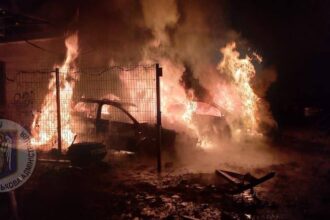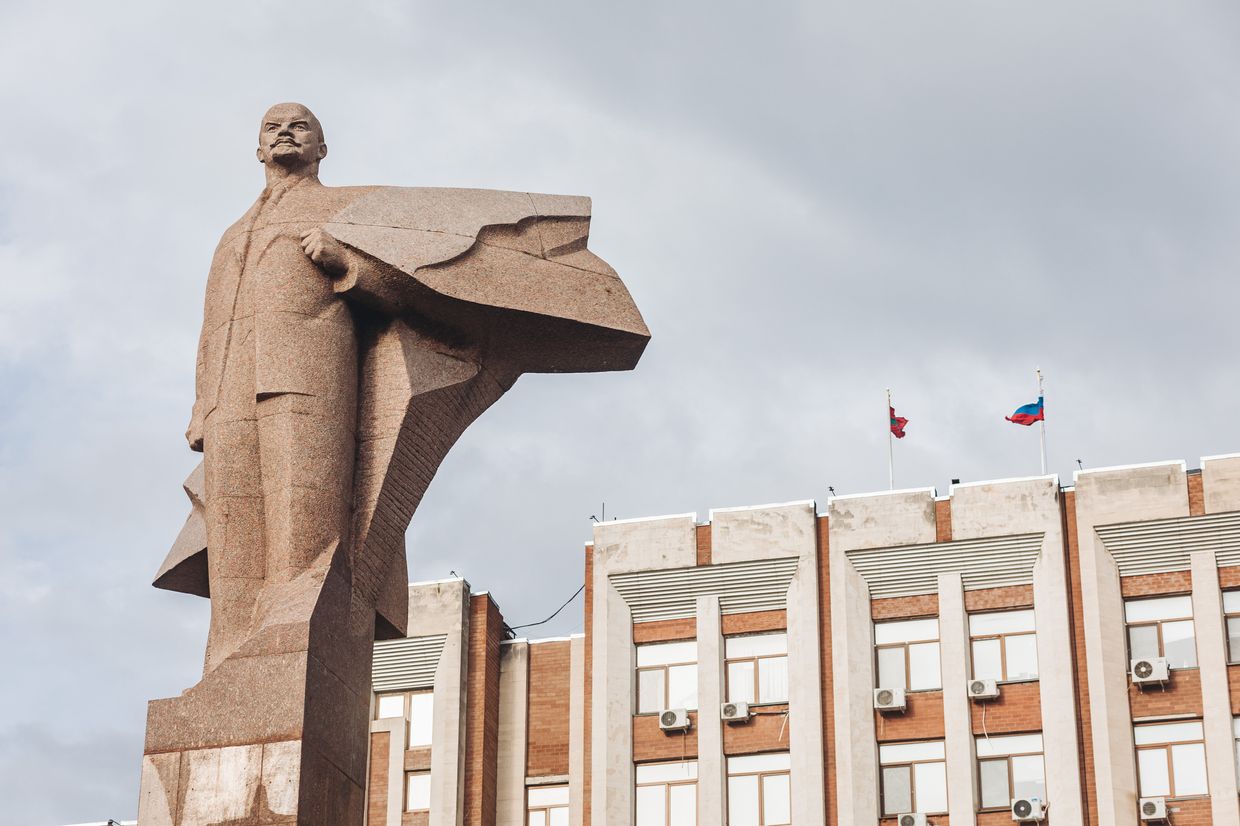**Moldova Prepares for Harsh Winter as Russian-Controlled Region Runs Out of Gas**
The Moldovan government has declared a state of emergency as the country prepares to face an energy crisis at the start of 2025. The crisis is due to the end of Ukraine’s obligations to transport Russian gas through its territory.
**Transnistria Hit Harder**
Moldova, especially the breakaway region of Transnistria, will be hit hardest by the crisis. The region relies heavily on cheap Russian gas, and now it must pay market prices for energy. This has led to a shortage of heaters, basic goods like rice and grains, and even matches and salt.
**Energy Crisis Ahead**
The Moldovan Prime Minister, Dorin Recean, says that the country has enough gas to keep warm throughout the winter ahead. However, 360,000 citizens on the left bank of the Dniester River, in the Russia-controlled region of Transnistria, are dependent on a single source of import – Gazprom.
**Russia’s Blackouts**
The leader of the Russian-controlled Transnistria declared a state of economic emergency on December 6. Authorities expect that Russia will eventually cover Transnistrian gas needs, but this may take time. The rest of Moldova is also expected to face blackouts and higher energy bills.
**Reintegration Efforts**
Meanwhile, efforts to reintegrate the Russian-controlled region with Moldova are ongoing. A recent sociological study shows that there is more openness towards reintegration in Transnistria after the start of the Russian full-scale invasion of Ukraine. However, Russia has accused Chisinau of planning a military operation in Transnistria.
**Elections Ahead**
The government in Chisinau is dealing with the looming energy crisis ahead of the upcoming elections set for July. Prime Minister Recean has reassured citizens that they won’t pay higher bills than last winter, although the needs-based subsidy mechanism has been changed from being calculated automatically to a cash-in-hand scheme.
**Harsh Winter Ahead**
It’s clear that Moldova cannot rely on Russian gas for its electricity. The country is paying the cost for 30 years of “comfort,” according to Deputy Prime Minister Oleg Serebrian. Chisinau is currently able to import some electricity from Romania via electric lines, but green energy may provide some relief and independence in the long run.













